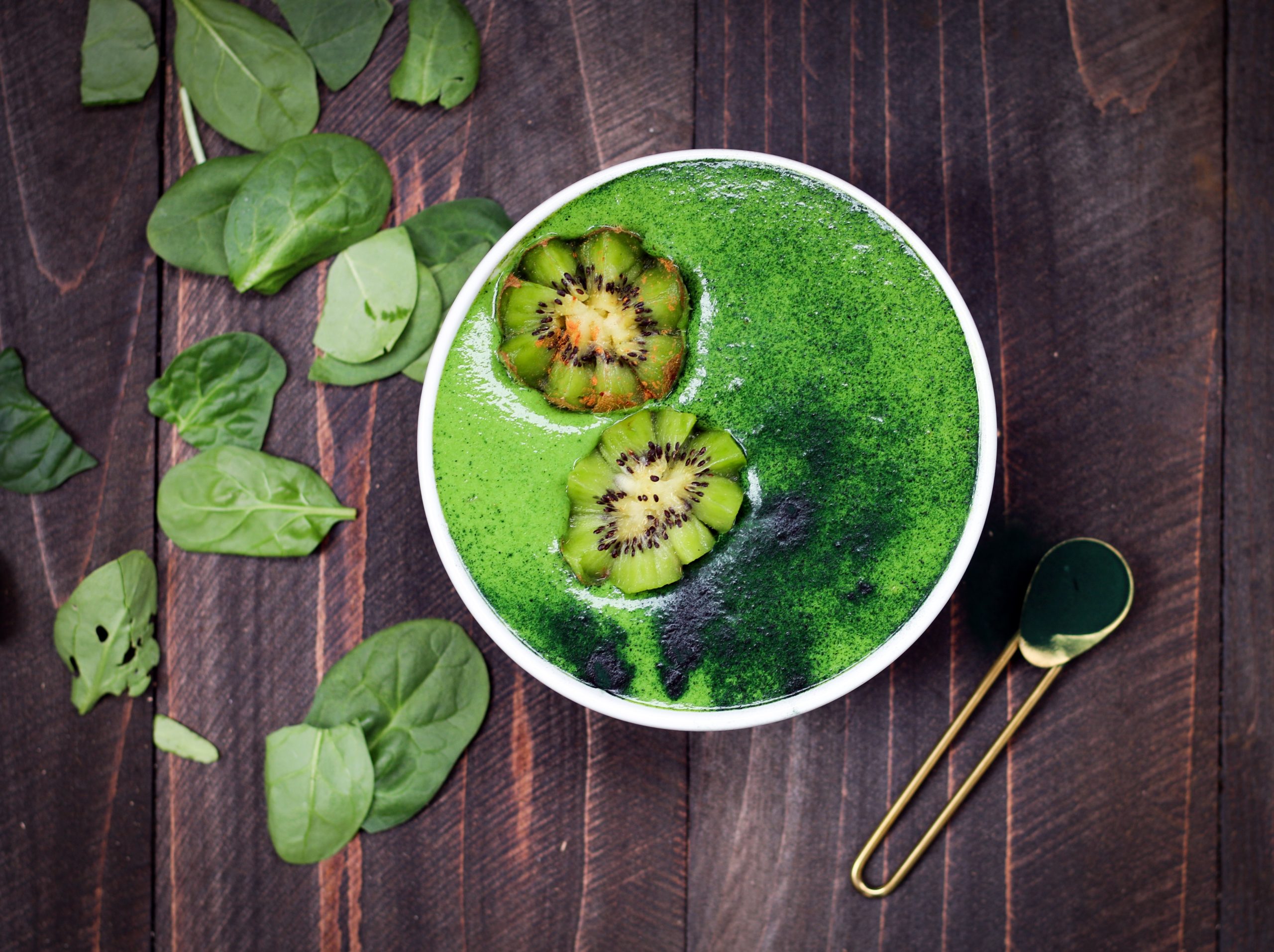The best foods to promote eye health and help manage various eye conditions. Learn how a nutritious diet can protect your vision and support long-term eye health.
The Ultimate Guide to Eye Health: Nutrition for Better Vision
Proper nutrition is very important for eye health and vision. Your food choice can help prevent many eye diseases including macular degeneration, cataracts, dry eyes, etc. It maintains and improves your vision by providing your body with enough vitamins, minerals, and antioxidants. With that said, this guide will break down the best foods for eye health. Food can be your ally whether you want to prevent vision problems or reverse existing eye diseases.
Why Nutrition is Important for Eye Health
Environmental factors like screen time, UV rays, and pollution continue to affect our vision. All these factors contribute to accelerated eye aging and can also lead to the development of diseases. To protect our eyes from such damage, a balanced diet with vitamins, minerals, and antioxidants can help. Vitamins like vitamin A, C, E, and minerals like zinc and omega-3 fatty acids are very important for good eye function. These are two nutrients that help reduce oxidative stress and inflammation, which are some of the main causes of eye problems. For example, zinc is essential for maintaining the health of the retina, while omega-3 fatty acids ensure tear production, preventing dry eyes. Moreover, those who suffer from diabetic retinopathy should also include the best foods for diabetic retinopathy, as these foods can help in maintaining eye health and controlling symptoms.
Foods That Promote Eye Health
Some of these are essential nutrients that are important for maintaining eye health. The foods listed below can be included in your daily diet and help maintain good vision and prevent common eye diseases:
- Vitamin A plays an important role in the overall health of your eyes. It helps maintain the integrity of the cornea and retina.
- As for antioxidants for the eyes, vitamin C is a powerful antioxidant that protects your eyes from oxidative stress. It is important for maintaining the blood vessels of the eye and preventing cataracts.
- The eyes are protected by vitamin E because it reduces oxidative damage and promotes the regeneration of healthy tissue.
Maintaining eye health depends on how well these vitamins are used. By regularly eating foods rich in these nutrients, you will not only take care of your vision now, but also provide protection against future vision deterioration. These nutrients also work together to prevent oxidative stress and help the eye tissues function properly.
The Importance of Omega-3 Fatty Acids
You’ve probably heard about the benefits of these micronutrients. Omega-3 fatty acids are essential for maintaining healthy vision and preventing conditions like dry eyes and macular degeneration. These healthy fats can help reduce inflammation, stimulate tear production, and maintain retinal health. Omega-3s are especially beneficial for people who work with gadgets. Here are some great food sources of omega-3 fatty acids:
- Fatty fish (like salmon, mackerel, and sardines);
- Flaxseeds;
- Chia seeds;
- Walnuts.
Including these foods in your diet can help reduce your risk of dry eyes and improve overall eye health. If you’re not a fan of fish, plant-based sources like flaxseed and chia seeds are great alternatives that can offer similar benefits.
Lutein and Zeaxanthin: Eye Protectors
We’re talking about two of the most powerful antioxidants in the world. These substances are found in high concentrations in the retina. They’re responsible for protecting the eyes from harmful blue light, which can contribute to retinal damage over time. The best food sources of lutein and zeaxanthin include:
- Spinach;
- Kale;
- Broccoli;
- Corn;
- Egg yolks.
Including these foods in your diet can significantly improve your eye health by reducing oxidative stress in the retina and improving your ability to see clearly, especially in low-light conditions. By including a variety of these foods in your diet, you directly support retinal health and help prevent conditions like macular degeneration. Adding kale, spinach, and other leafy greens to your meals is an easy way to increase your intake of these vital nutrients.
General Tips for Maintaining Eye Health with Diet
You know for sure that everything works in a complex way and with vision as well. Nutrition, control of water balance, protection from ultraviolet radiation and other tips are important. Here are some more tips to help you plan your diet for optimal eye health:
- Variety in your diet. Add fruits and vegetables to your weekly grocery list. This will ensure that you get a wide range of nutrients needed for eye health.
- Limit your sugar intake. Remember that a diet high in refined sugar and unhealthy fats can contribute to eye diseases such as diabetic retinopathy and cataracts.
- Stay hydrated. Dry eyes can be a sign of dehydration. Drinking plenty of water throughout the day helps keep your eyes moist and prevents discomfort associated with dry eyes.
If you follow these tips and plan a balanced diet, your eyes will thank you. Your health is always in your hands.
Nutrition for Better Eye Health
The health of your eyes is closely related to the food you eat. By including foods rich in nutrients, vitamins, minerals, and antioxidants in your daily diet, you can protect your vision and prevent common eye diseases. Foods like leafy greens, citrus fruits, fatty fish, and nuts contain essential nutrients that support eye function and health. Whether you’re trying to manage an existing eye condition or simply want to maintain your vision, a balanced diet is your first line of defense. Keep your eyes sharp for years to come.







